School Psychology Psy.D. Program
Earn your Psy.D. in School Psychology at Georgian Court University in a program devoted to the principles of the National Association of School Psychologists (NASP). GCU’s program is differentiated by close interaction with faculty mentors, diverse faculty research interests, and the infusion of our Mercy values—respect, compassion, justice, integrity, and service—into every aspect of student experience.
Psy.D. Program Highlights
Degree
School Psychology, Psy.D.
Average time to complete
3 years (with Advanced Standing) or 5 years (with bachelor’s degree)
Delivery
Hybrid and on-campus (evenings) dependent on year of study
Cost
$1,099.00 per credit
Total credits
47 (with Advanced Standing) or 107 (with bachelors’ degree)
Time of entry
Fall

Psy.D. in School Psychology from Georgian Court University
A school psychology degree provides the foundation for a meaningful career—one in which you help students become the best versions of themselves. The Psy.D. also enables you to advance education at the systems level. School psychologist jobs are in high demand and offer excellent pay and work-life balance—reasons this career is ranked among the Best Jobs by U.S. News and World Report.
A Psy.D. in School Psychology degree from GCU incorporates a social justice perspective to the education of our students in comprehensive, evidence-based skill development in the areas in assessment, counseling, consultation, prevention services, intervention services, and implementation science.
GCU offers two pathways to earning a Psy.D. in School Psychology depending on your level of education and professional experience.
The advanced standing option is designed for state-certified school psychologists or graduate students graduating with a 60+ credit master’s or specialist degree in school psychology. Our three-year Psy.D. in School Psychology program offers working school psychologists the ability to enhance their school-based practice and expand their practice into other areas such as hospitals, clinics, and private practice.
Students entering directly from their undergraduate program with a bachelor’s degree (including 12-18 credits in psychology) enroll in GCU’s five-year Psy.D. program. In the first two years, students earn the M.A. in School Psychology and progress towards the Certificate of Advanced Graduate Study (CAGS) with a focus on promoting professional practice by developing competent, socially conscious professionals capable of providing evidence-based services to children, individual schools and school districts, and school staff members who impact the lives of children. For the remaining three years of study, students merge into the Advanced Standing Psy.D program to complete their degree.
Program Information
Psy.D. Curriculum
GRE no longer required for applicants
The Psy.D. in School Psychology enrolls students with bachelor’s degrees and credits in psychology and is an integrated sequence of coursework, practicum, and externship experiences. A total of 109-112 credits, including 420 practicum hours, a 1,500- to 1,750 internship, and a dissertation, are required. Students earn the M.A. and CAGS along the way towards completion of the Psy.D. degree.
View the full curriculum and admission requirements for the Psy.D. in School Psychology
The Advanced Standing Psy.D. in School Psychology enables state-certified school psychologists to expand their practice and move into more advanced practice settings. A total of 47 credits, including 120 practicum hours, a 1,500- to 1,750 hour internships, and a dissertation, are required.
Faculty
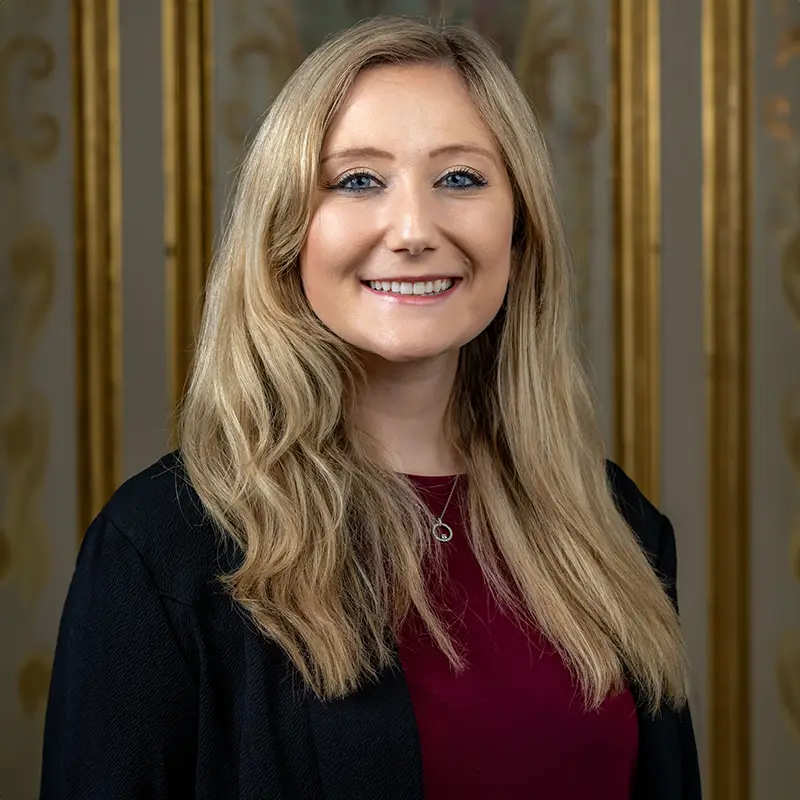
Alicia Gialanella, Ph.D.
Assistant Professor of Psychology and Counseling
Department of Psychology and Counseling
School of Arts, Sciences, and Education
Mercedes 201
agialanella@georgian.edu
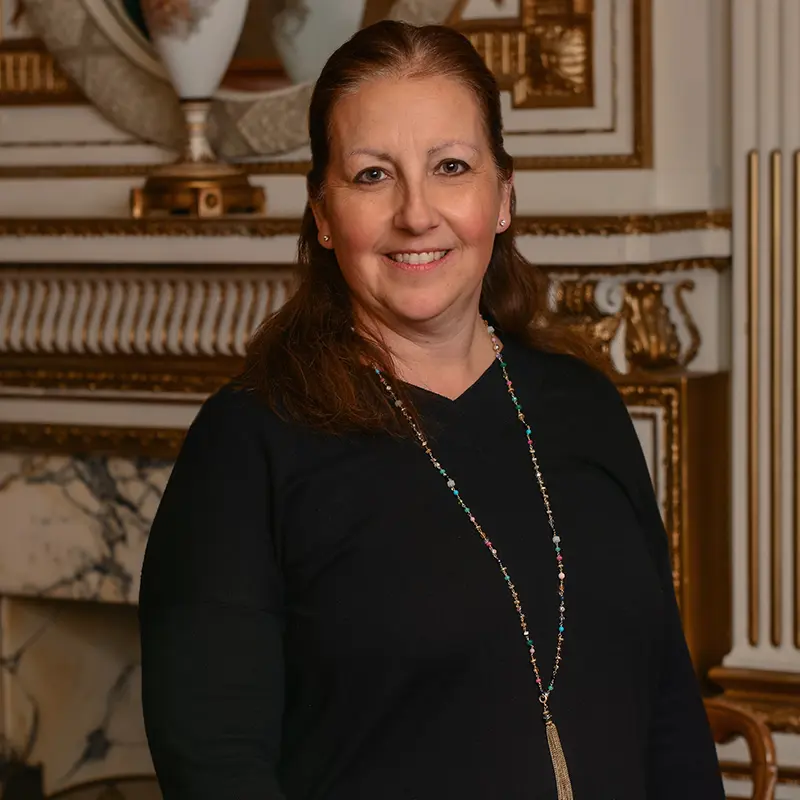
Stephanie Rahill, Ph.D.
Professor of Psychology and Counseling
School Psychology Program
School of Arts, Sciences, and Education
Farley Center (109)
srahill@georgian.edu
732-987-2420
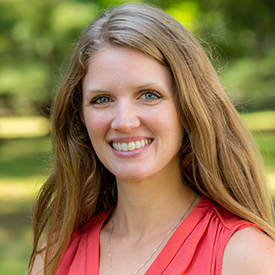
Heather Tacovsky, Psy.D.
Assistant Professor of Psychology and Counseling
School of Arts, Sciences, and Education
htacovsky@georgian.edu
Related Programs
If you’re interested in our Psy.D. degree in the School of Arts, Sciences, and Education, here are other programs at GCU you might be interested in exploring:
Why Earn Your Psy.D. in School Psychology Degree at GCU?
GCU’s Psy.D. in School Psychology provides a rigorous, hands-on curriculum with meaningful, frequent interaction with faculty mentors who prepare you for career success and professional fulfillment.

Here are more reasons why Georgian Court offers one of the best school psychology Psy.D. programs in New Jersey.
Experienced Faculty with Diverse Specialty Areas and Resources
Our classes are taught by full-time faculty who bring diverse professional expertise and research areas to Psy.D. coursework. A program graduate adds, “GCU’s faculty is highly experienced in school and in private practice settings. The resources and experience they share are amazing. Going into interviews, directors and supervisors know the program and the faculty. You can make connections to national and state associations.”
Field Experiences and Research Opportunities
The curriculum for the Psy.D. in School Psychology at GCU includes field experiences working with children and youth in real school settings and clinical settings. You’ll also have opportunities to engage in impactful research that aligns with your interests and passion, and present your work at national conferences, such as NASP, often working directly with faculty.
Fellowships that Provide Tuition Benefits
All students in GCU’s Advanced Standing Psy.D. degree program are eligible for fellowships that effectively reduce your tuition by about one third. Fellowship activities may range from engaging with faculty research projects to working as a teaching assistant (T.A.). These opportunities are also “resume building” as they contribute to your professional experience and achievements.
Emphasis on Social Justice
Justice is one of GCU’s core values. Our program prepares you to promote social justice as a school psychologist through culturally responsive professional practice, empowering families and communities and ensuring equity and fairness for all children and youth. Our additional Mercy values—compassion, respect, integrity, and service—are also woven through all facets of the program and student experience.
Targeted for Working Professionals
Georgian Court’s Psy.D. program makes it possible for professionals to work and study with evening on-campus classes and opportunities for online learning. No classes are held on Fridays. “Faculty are understanding and supportive,” according to a GCU Psy.D. program graduate. “While attending the graduate program, I planned a wedding and welcomed my first child. Even while completing my dissertation, I welcomed another baby and was able to stay on track and complete the program with my cohort.”
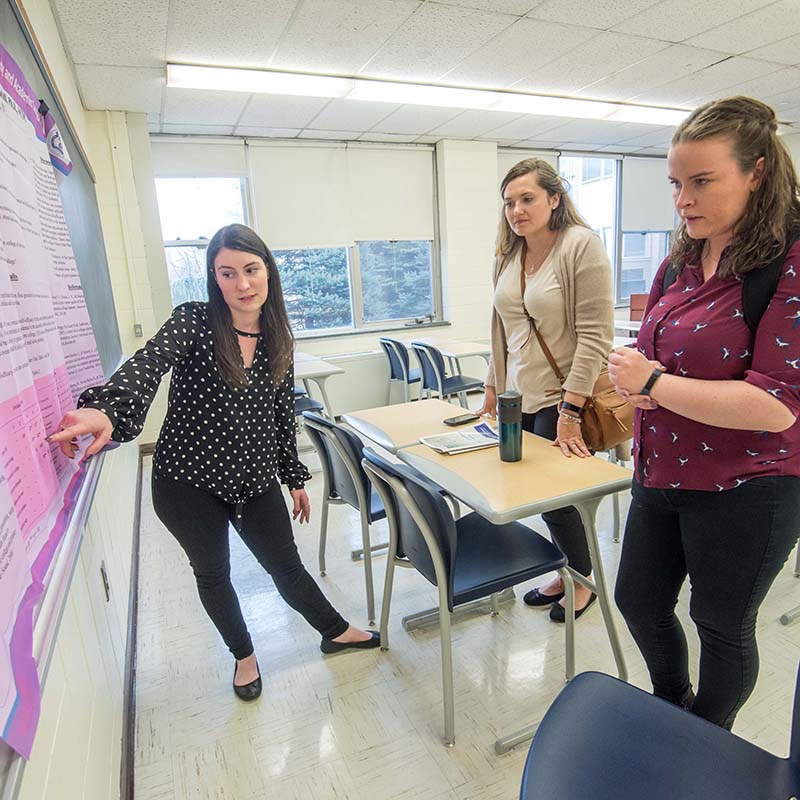
What Can You Do with a School Psychology Degree?
For decades, there has been a shortage of school psychologists in the United States. As a result, there’s a high job placement rate for graduates of school psychology programs. In fact, a recent report found that over 99% of school psychology graduates find a job within one year. For a variety of factors—including salary, job market, and work-life balance—the most recent U.S. News and World Report ranks school psychologist #5 in Best Social Services Jobs and #24 in Best STEM Jobs.
School Psychologist Jobs
Most school psychologists with a master’s degree work in public schools, preschools, community centers, and private schools. Graduates with a Psy.D. degree and licensure also work in medical settings and private practice. Depending on where you work, school psychologist jobs may focus on counseling, assessment, crisis preparedness, prevention, intervention, and other activities.
School Psychology Salary
How much does a school psychologist make? According to the U.S. Bureau of Labor Statistics, the mean pay for school psychologists nationally is $82,770 and the average school psychologist salary in New Jersey is $88,570. Keep in mind salaries will vary depending on the type of school in which you work (elementary, secondary, or college, public or private) or non-school settings.
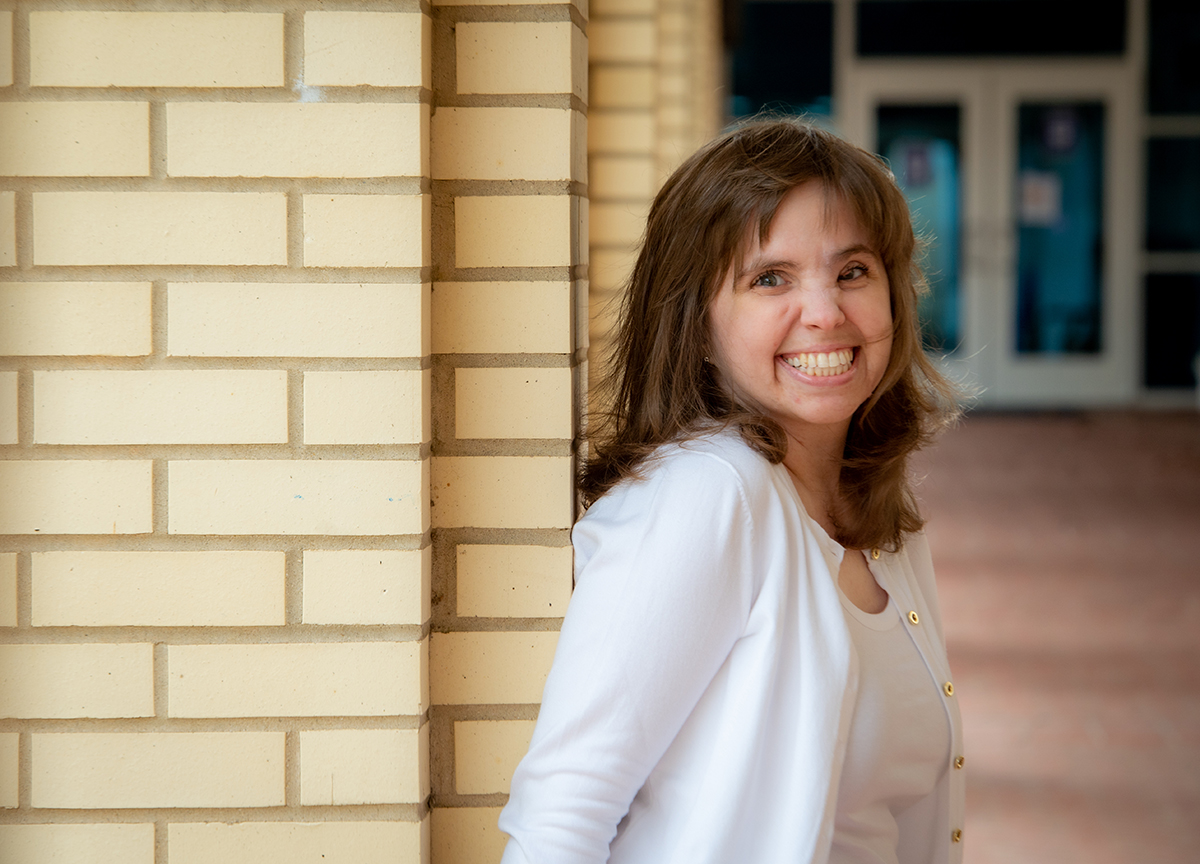
Adjunct Professor of Psychology, Georgian Court University
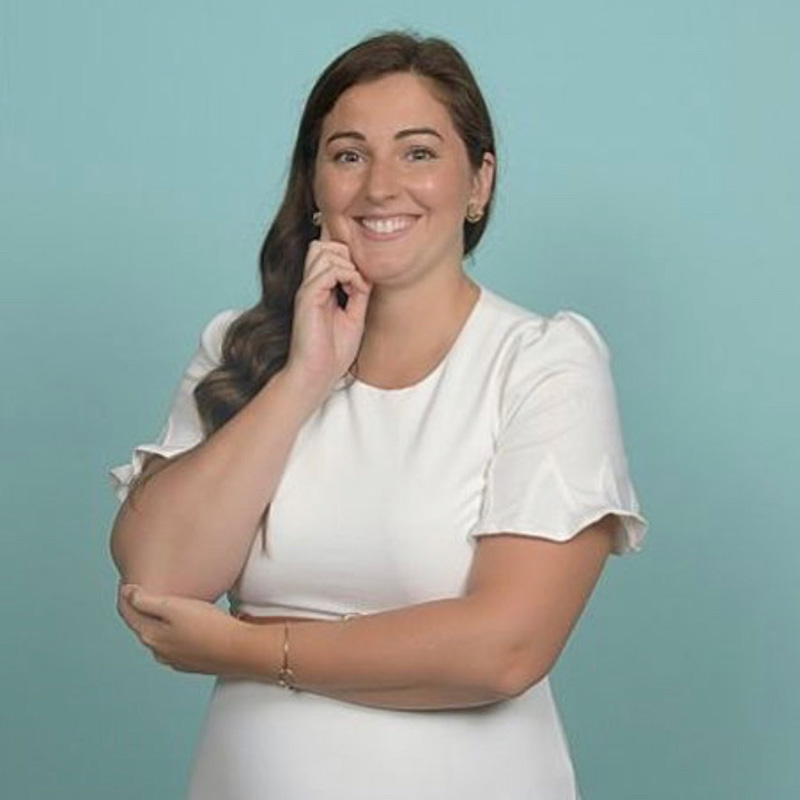
Adjunct Professor of Psychology, Georgian Court University
Have questions?
Contact us
Georgian Court University
900 Lakewood Avenue
Lakewood, NJ 08701
Campus Map
Contact Information
Office of Graduate Admissions
Phone: 732-987-2770
E-mail: gps@georgian.edu
Office Hours
- Monday-Friday: 8:30 a.m. – 4:30 p.m.
- Saturday: *By appointment only
- Sunday: Closed
*Check tour schedule for specific dates/times.
Request More Info
Imagine your future at
Georgian Court
LEARN HOW TO APPLY
We make applying easy. Get all the details on what you need to start your journey at GCU.
Visit Us
Seeing is believing. Take a look at our campus by driving, walking, or exploring our virtual tour.
GET MORE INFORMATION
Reach out to us and learn more about all GCU has to offer you.
